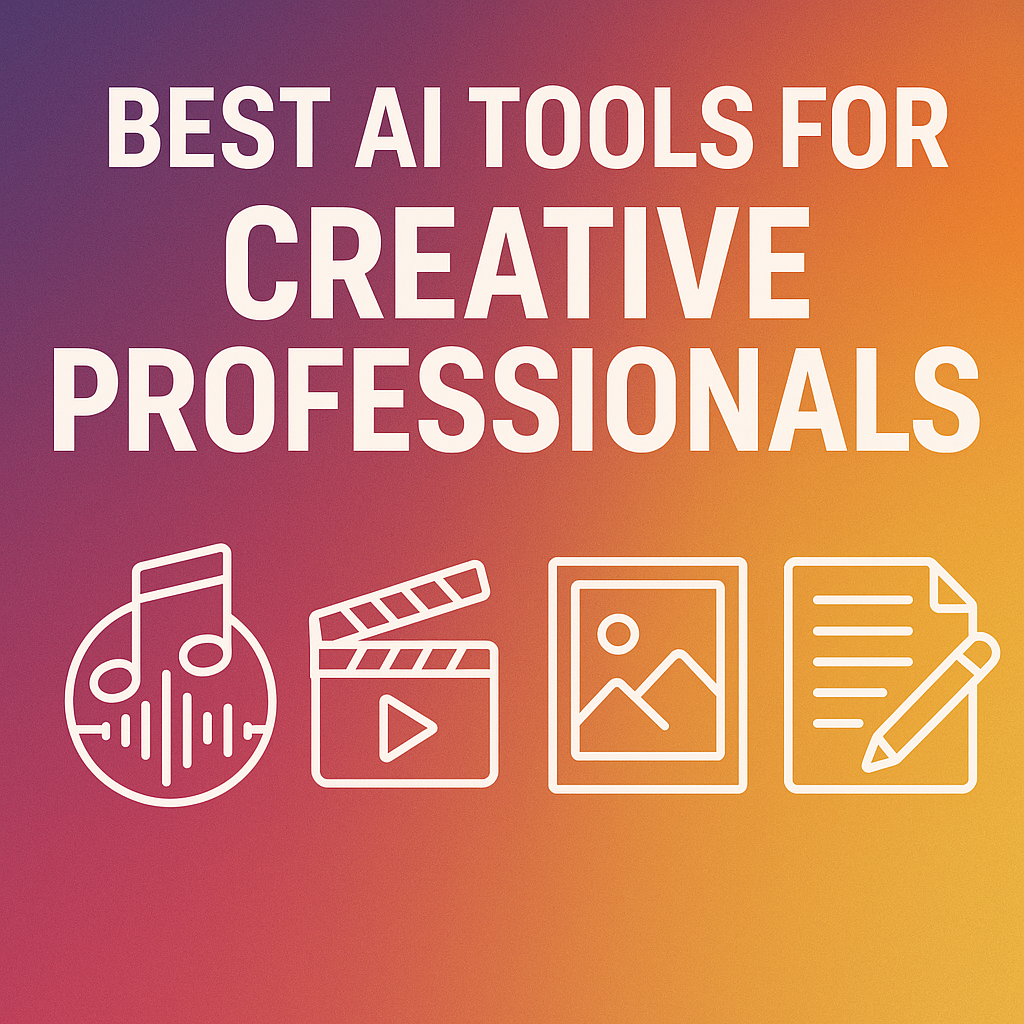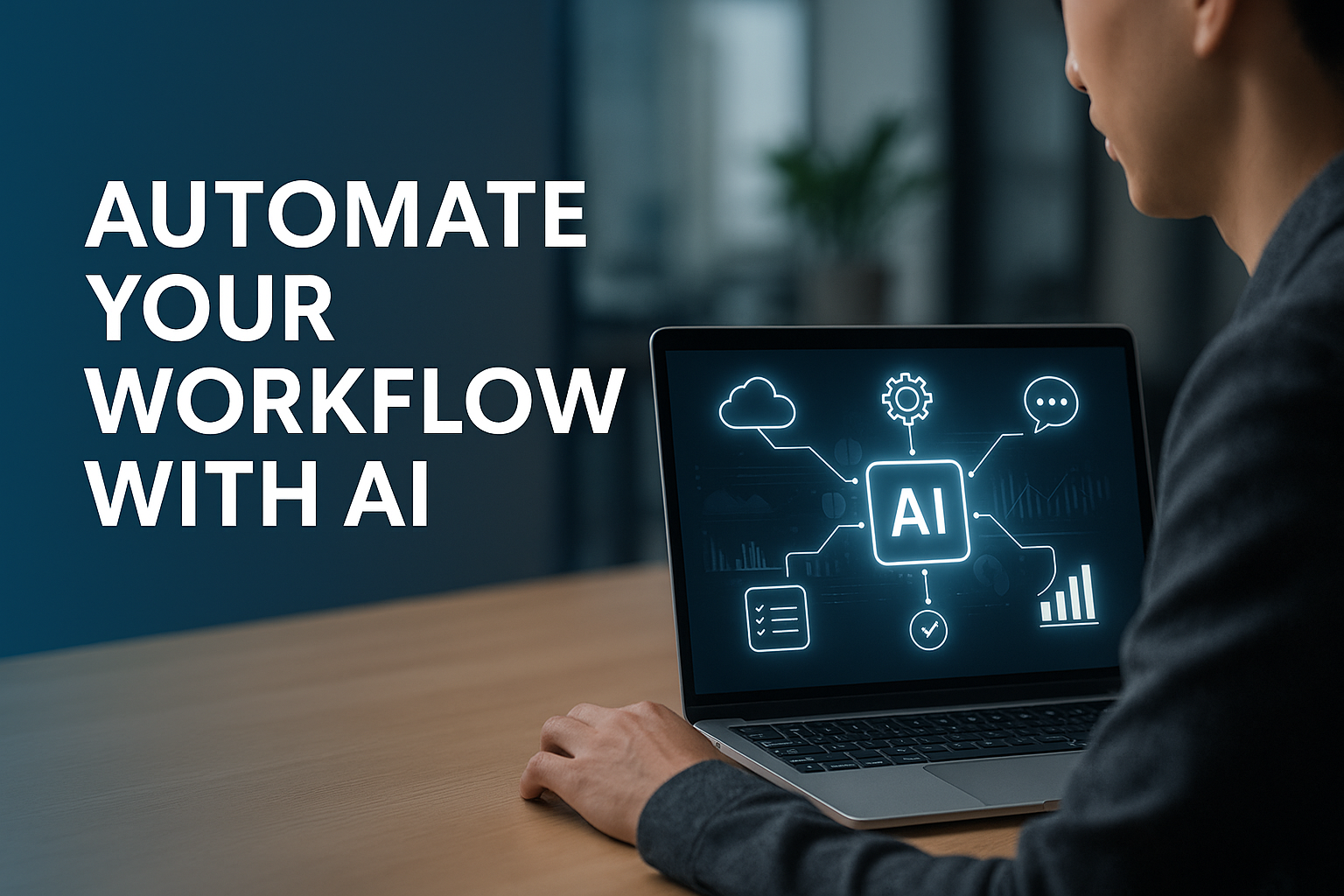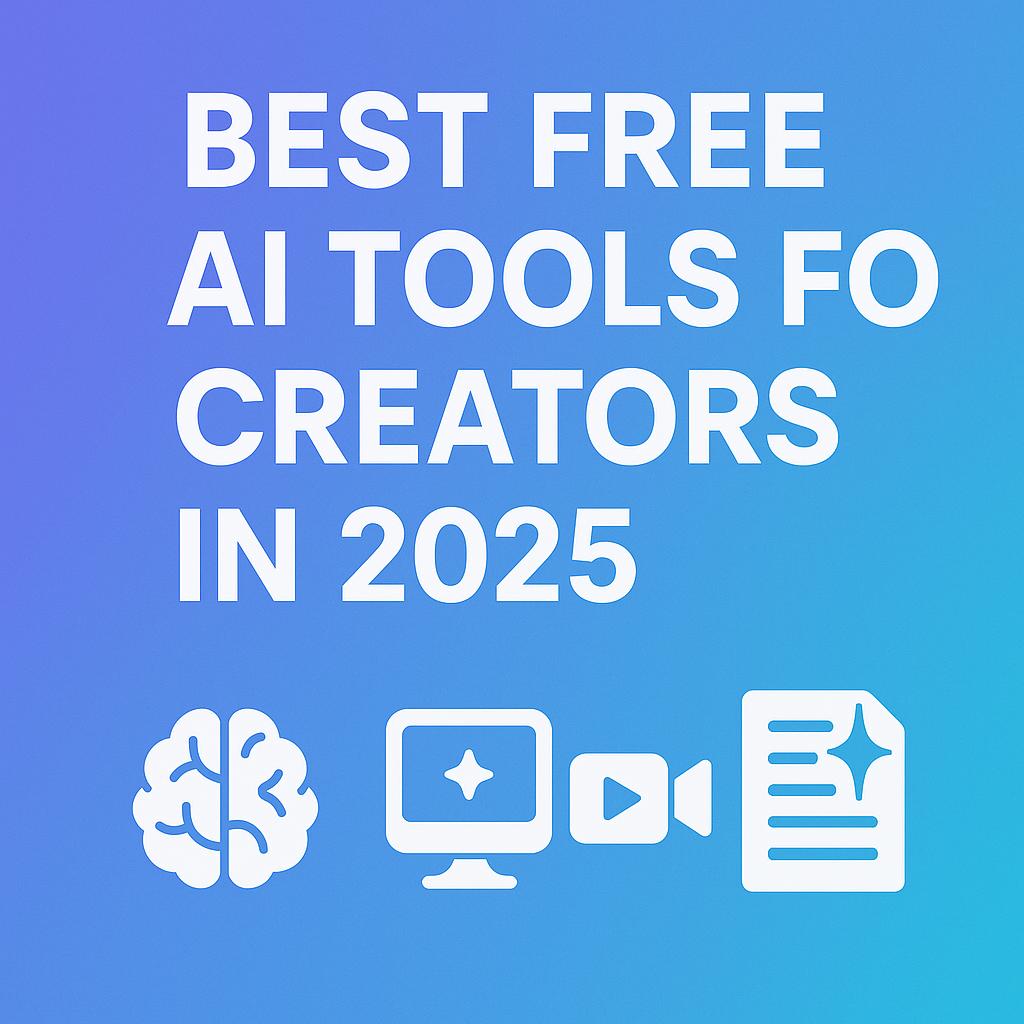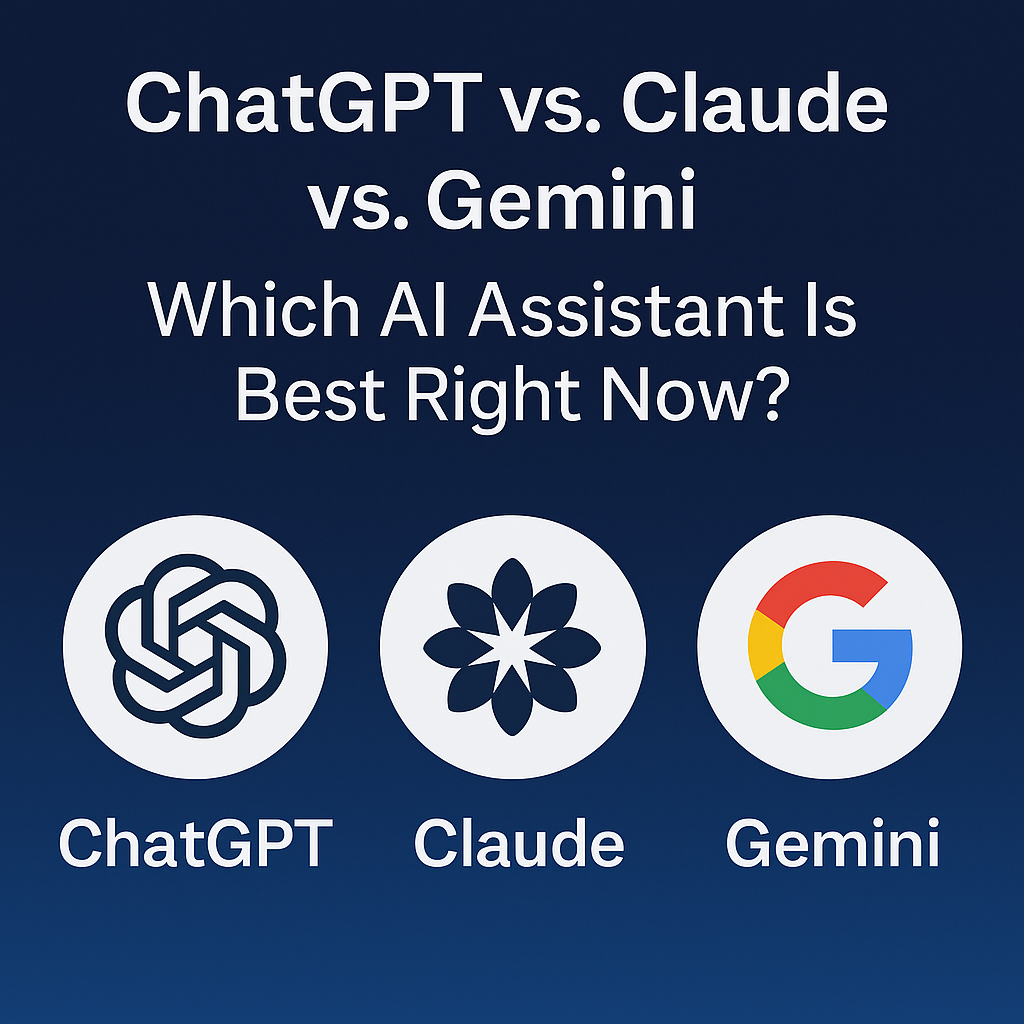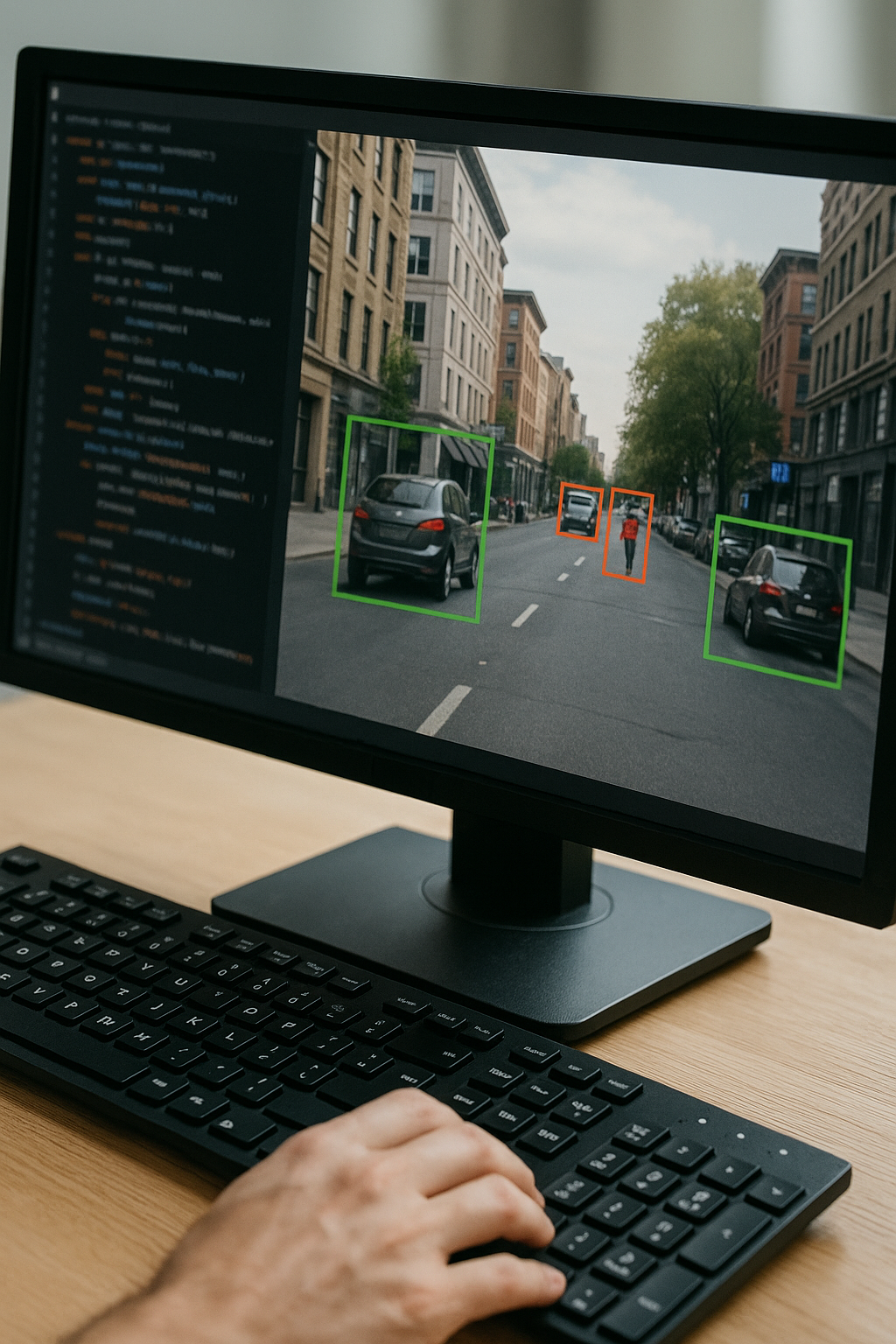The 7 Biggest AI News Stories of the Week
Major Breakthroughs and Industry Shifts
Artificial Intelligence (AI) continues to make waves across industries, influencing everything from healthcare to entertainment, and the past week has been no exception. Whether it’s groundbreaking advancements in AI capabilities, ethical discussions, or strategic business moves, this week has been particularly eventful in the world of AI. In this blog post, we’ll break down the 7 biggest AI news stories from the past week and explore how they could reshape industries, economies, and even everyday life. Let’s dive into the exciting innovations and key developments making headlines.
1. Google’s Gemini AI Sees Major Update: Multimodal Capabilities Expand
This week, Google’s Gemini AI—Google's answer to OpenAI's GPT-4—received a highly anticipated update, significantly expanding its multimodal capabilities. Gemini can now process and understand various forms of input, such as text, images, and audio, within the same conversation. This multimodal functionality allows Gemini to interpret complex requests that require analyzing multiple types of data, making it a major competitor to other advanced AI systems.
Google also announced plans to integrate Gemini’s new abilities into its core products like Google Search, Google Workspace, and Google Assistant, setting the stage for enhanced user experiences across a variety of platforms.
Why It’s Important: The ability to handle multimodal inputs is a game changer for industries like healthcare, marketing, and education, where understanding context across different media is crucial. Gemini’s expanded capabilities mean users can expect a more intuitive and human-like AI interaction.
2. OpenAI’s ChatGPT Gets Memory Features for Personalized Conversations
In a huge move forward for conversational AI, OpenAI announced this week that ChatGPT is rolling out memory features. These new capabilities allow ChatGPT to "remember" previous conversations with users and use that information in future interactions, delivering personalized responses.
For example, if a user tells ChatGPT about their preferences or goals during one interaction, the AI can recall these details in future conversations, making the experience more personal and efficient. The memory feature is rolling out in phases, with the option for users to control what the AI remembers or forgets.
Why It’s Important: Memory-enhanced AI could revolutionize the customer support and personal assistant industries, making AI tools more useful in project management, customer service, and even personal health tracking. This also opens the door for AI-driven personalization at scale, which could dramatically change how businesses interact with customers.
3. Microsoft Introduces Designer AI Tool for Content Creation
Microsoft unveiled Designer, an AI-powered tool designed to simplify the content creation process. Similar to Canva, but powered by AI, Designer uses advanced algorithms to help users generate professional-grade visuals, graphics, and marketing materials within minutes. The AI tool can automatically create designs based on simple prompts and is integrated with Microsoft 365, enabling seamless workflow for businesses already using Microsoft products.
This week, Microsoft expanded the tool's capabilities to generate not just static images, but also social media posts, advertisements, and animated designs.
Why It’s Important: Microsoft Designer could become a key player in the marketing and creative industries, allowing small businesses and marketers to create high-quality content without needing expensive software or design expertise. This move puts Microsoft in direct competition with creative platforms like Canva and Adobe.
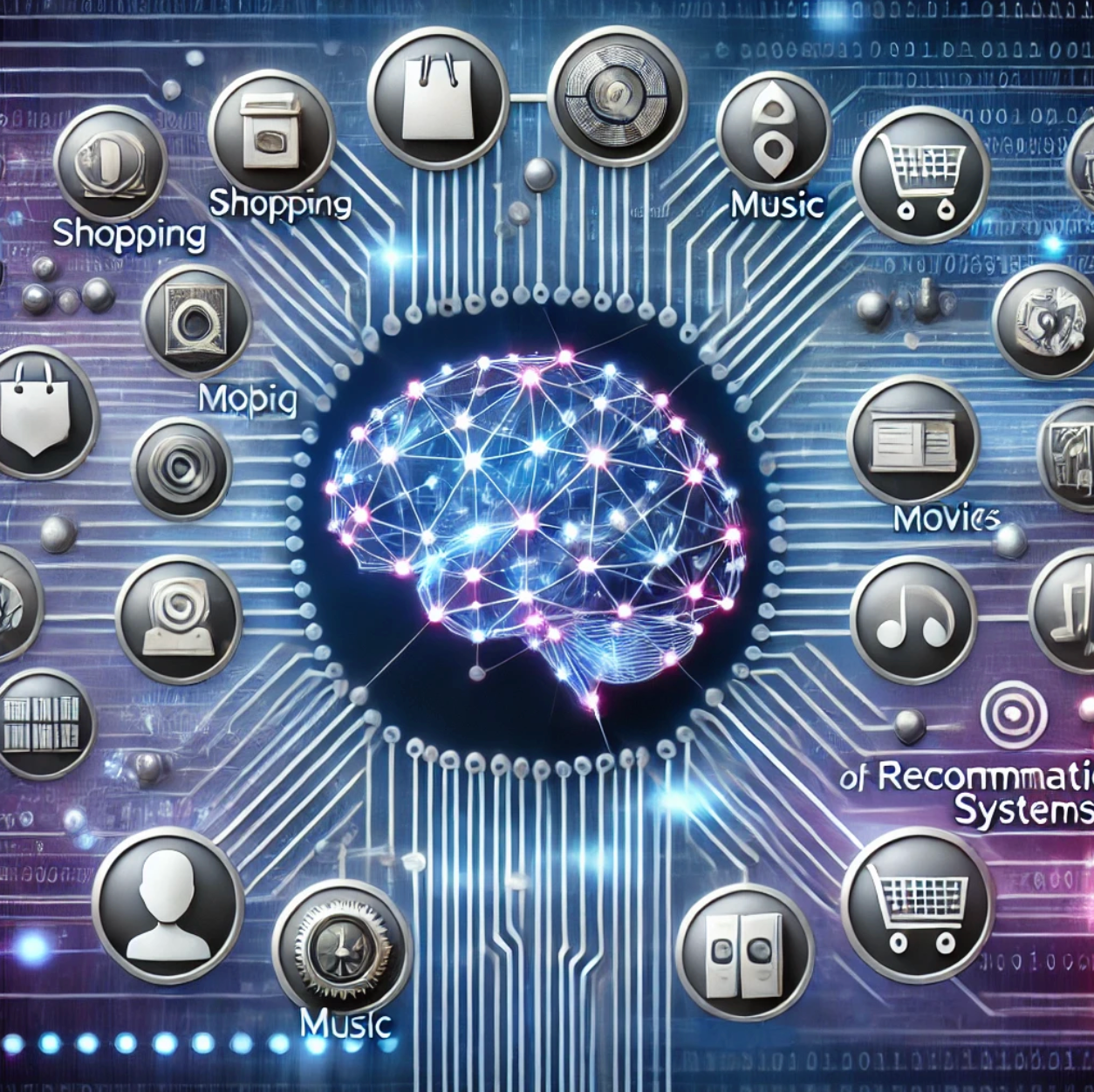
4. xAI and Tesla Collaborate on AI-Powered Autonomous Driving
Elon Musk’s xAI announced a significant collaboration with Tesla this week, aiming to accelerate advancements in autonomous driving technology. xAI’s cutting-edge machine learning models will be integrated into Tesla’s self-driving software, enhancing the vehicles' object recognition, decision-making, and safety features.
Musk has been vocal about his belief that xAI’s models will lead to a major leap in self-driving cars, bringing Tesla closer to Level 5 autonomy, where cars will be fully autonomous without the need for human intervention.
Why It’s Important: Autonomous vehicles powered by advanced AI systems could drastically change the transportation industry, reducing traffic accidents, cutting down on emissions, and even revolutionizing logistics and delivery services. The collaboration between xAI and Tesla accelerates the race toward the future of autonomous vehicles.
5. AI-Powered Drug Discovery Hits Milestone with New Cancer Treatment
In a landmark moment for AI in healthcare, an AI-driven drug discovery platform identified a potential new treatment for a rare form of cancer in a fraction of the time traditional methods would have taken. The platform, developed by Insilico Medicine, used AI algorithms to sift through millions of compounds and predict the ones most likely to succeed in clinical trials.
This breakthrough has already sparked interest from pharmaceutical giants looking to accelerate the drug discovery process using AI.
Why It’s Important: Traditional drug discovery can take years and billions of dollars in R&D. AI’s ability to cut down on both time and costs could lead to faster treatments for a wide range of diseases, from cancer to rare genetic disorders. This milestone demonstrates AI’s potential to revolutionize healthcare by fast-tracking medical innovations.
6. Meta Unveils AI-Generated Stickers for WhatsApp and Messenger
Meta (formerly Facebook) has introduced AI-generated stickers for WhatsApp and Messenger, allowing users to create personalized stickers using text prompts. This feature enables users to type in a short description, such as "happy dog dancing," and the AI generates a sticker that matches the description. Meta's AI-driven stickers will automatically adapt to the tone of the conversation, making digital communication more expressive and fun.
Meta has stated that this is part of a broader strategy to enhance social interaction using AI, and there are plans to integrate AI features into other Meta products, including Instagram and Facebook.
Why It’s Important: Personalization in communication is becoming a key feature in social apps, and AI-generated stickers represent a step forward in using AI for emotional expression and user engagement. This feature not only makes conversations more interactive but also opens doors for brands and influencers to create unique content tailored to their audiences.
7. AI Ethics Debate Intensifies with New Legislation Proposals in Europe
The European Union is moving closer to finalizing the AI Act, a comprehensive regulatory framework aimed at governing AI development and deployment across Europe. This week, a key discussion in the European Parliament focused on how to handle high-risk AI systems, including facial recognition, AI in law enforcement, and AI decision-making in the workplace.
The draft law proposes transparency requirements, stricter regulations on AI-driven surveillance, and limitations on using AI in critical sectors. If passed, the AI Act could become the world’s first comprehensive legislation regulating AI across multiple industries.
Why It’s Important: The AI Act has the potential to shape the global conversation on AI ethics and data privacy. Companies developing AI will need to meet these regulations if they want to operate in the European market, which could have widespread implications for AI ethics and data governance around the world.
What’s Next for AI?
As AI continues to revolutionize industries and daily life, the developments we’ve seen in the past week show just how quickly this technology is evolving. From advancements in healthcare and transportation to personalized content creation and communication tools, AI is shaping the future of our society in profound ways.
If you don’t want to miss out on next week’s major AI breakthroughs and industry insights, sign up for our newsletter to get the latest updates delivered directly to your inbox. Stay informed about the future of AI and how it can impact your life and business. Don’t get left behind—join our community of innovators today!
Sign Up For Our Weekly Newsletter and Get Your FREE Ebook " AI For Everyone - Learn the Basics and Embrace the Future"



